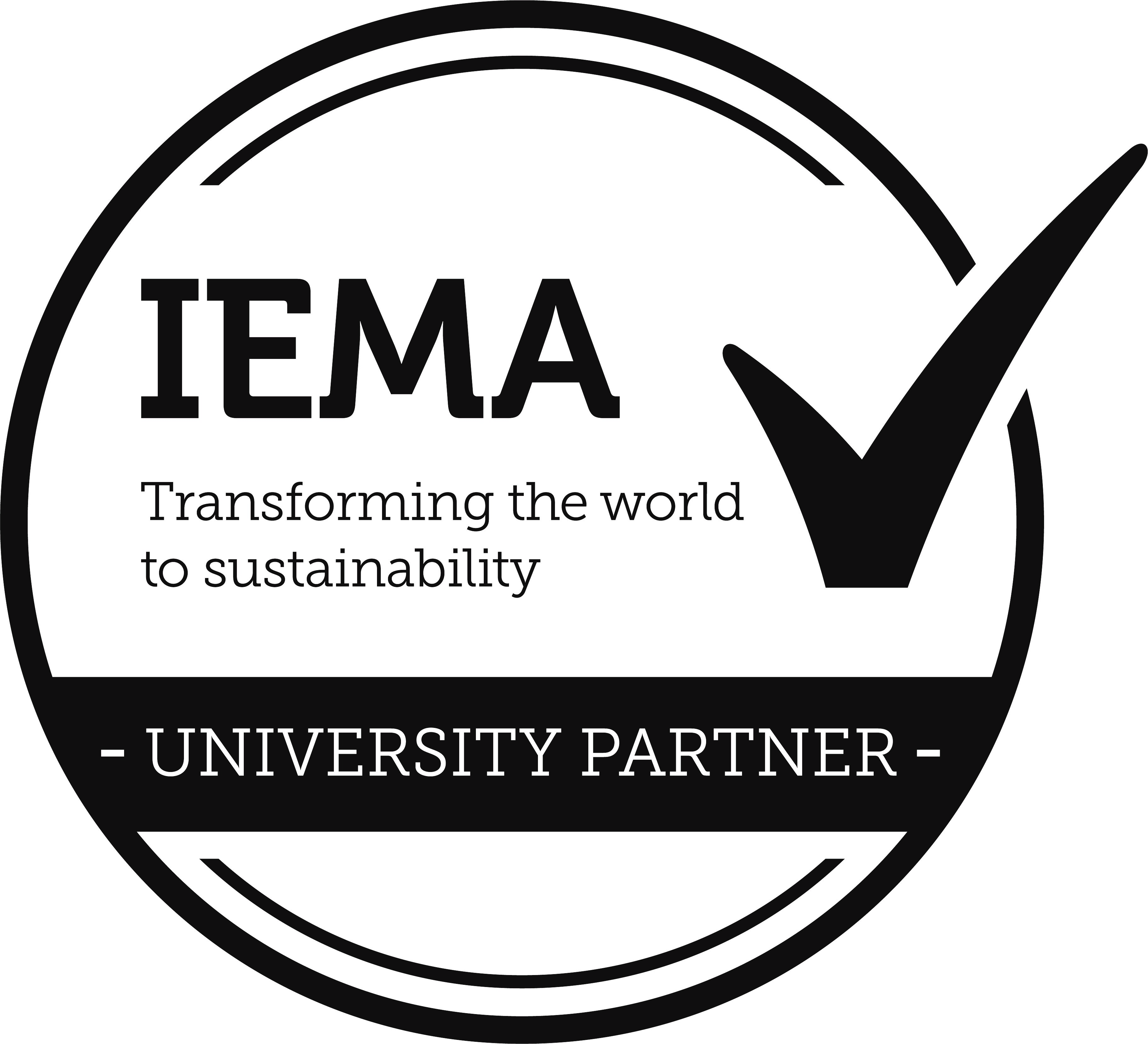Overview
Environmental challenges require complex solutions, bringing together scientific, social, political and economic perspectives. GCU's MSc Environmental Management will provide you with the interdisciplinary perspective and diverse skillset to help solve environmental problems in a leadership role. You can help your community manage environmental concerns responsibly, making a positive impact and supporting the common good.
The MSc Environmental Management offers a respected credential that's relevant to employers around the world.
You'll have the option to complete a general course - giving you a broad understanding across a wide range of environmental disciplines - or choose among four pathways for specialisation.
- Waste - As society strives to use resources more efficiently, we must ensure waste is properly and safely managed. You'll study sustainable waste management, contaminated land and landfill engineering, reuse and recycling in the manufacturing sector and more.
- Energy - Global demand for energy has significant environmental implications, and renewable energy is just one part of a broader strategy. You'll explore energy technology, renewable energy, and building and energy performance.
- Water - Communities depend on clean, plentiful water to survive, but there are water resource challenges around the world. You'll study treatment requirements for the water cycle, policy frameworks for managing supply, international policy, wastewater treatment and more.
- Oil and Gas - Oil and gas operations pose environmental challenges, particularly offshore operations. You'll learn about minimising the impact of emissions from oil production, exploring for oil and gas, and environmental regulations.
Graduate prospects
As a graduate of GCU's MSc Environmental Management course, you'll have excellent career prospects in both the public and private sectors. Past graduates have found work with organisations such as international consulting companies including Carl Bro Group, ERS Land Regeneration and Valpak, as well as the Scottish Environmental Protection Agency (SEPA) and other government agencies and consulting firms.
What you
will study



